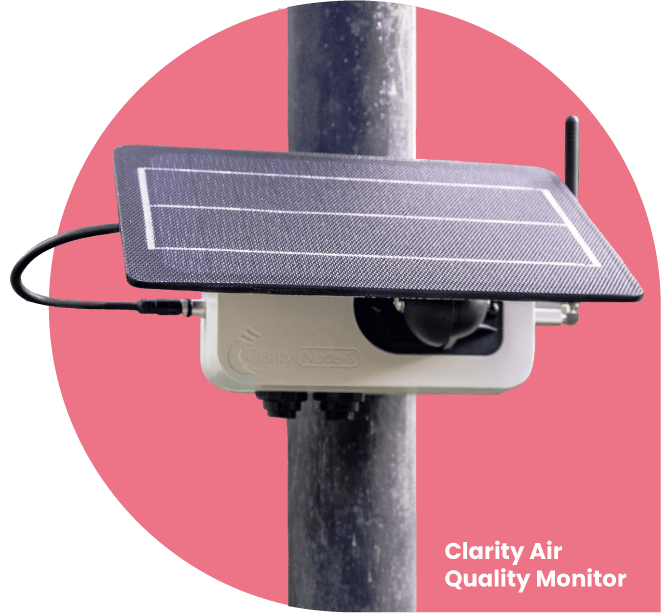CleanAir Schools is working with scientists from the University of NSW to monitor air quality inside and outside classrooms, partnering with students, their teachers and parents to better understand the environment that Australia’s children learn and play in.
With world-leading air quality monitors, and engaging material developed by teachers and researchers, students will be able to learn about the impact of local pollution and, importantly, ways to improve it. The data from partner schools will also help researchers map air quality as part of a broader program to monitor our changing environment.

Principals, parents, students or teachers can express interest in the program today.
The 2020 bushfire crisis ignited a conversation across Australia about climate change more broadly, and air quality specifically.
However, even today, most air quality readings are taken far from where most Australians live, learn, and work which means much of the reporting on air quality doesn’t reflect the air quality that we actually breathe every day.
Recent technology innovations have made low-cost, mobile monitors more accessible than ever before. It’s these monitors, placed strategically in classrooms and playgrounds that will put accurate, real-time data at the fingertips of all Australians to enable them to make better decisions about their local environment and their health.
From cars idling outside the front of school gates to bushfire smoke, the air quality our children learn and play in is constantly changing – and it’s time we knew more about it. Joining the CleanAir Schools program is an opportunity for students to learn more about challenges in their immediate environment and enact real solutions to combat them.
A combination of indoor and outdoor monitors installed and maintained by the project staff will enable real-time access to the data by staff and students and their parents. This approach will empower students with the information and tools they need to bring STEM learning to life, and right into their classrooms.
I am a principal, teacher, parent or student who wants to know more
Sign up to keep up to date on the initiative.